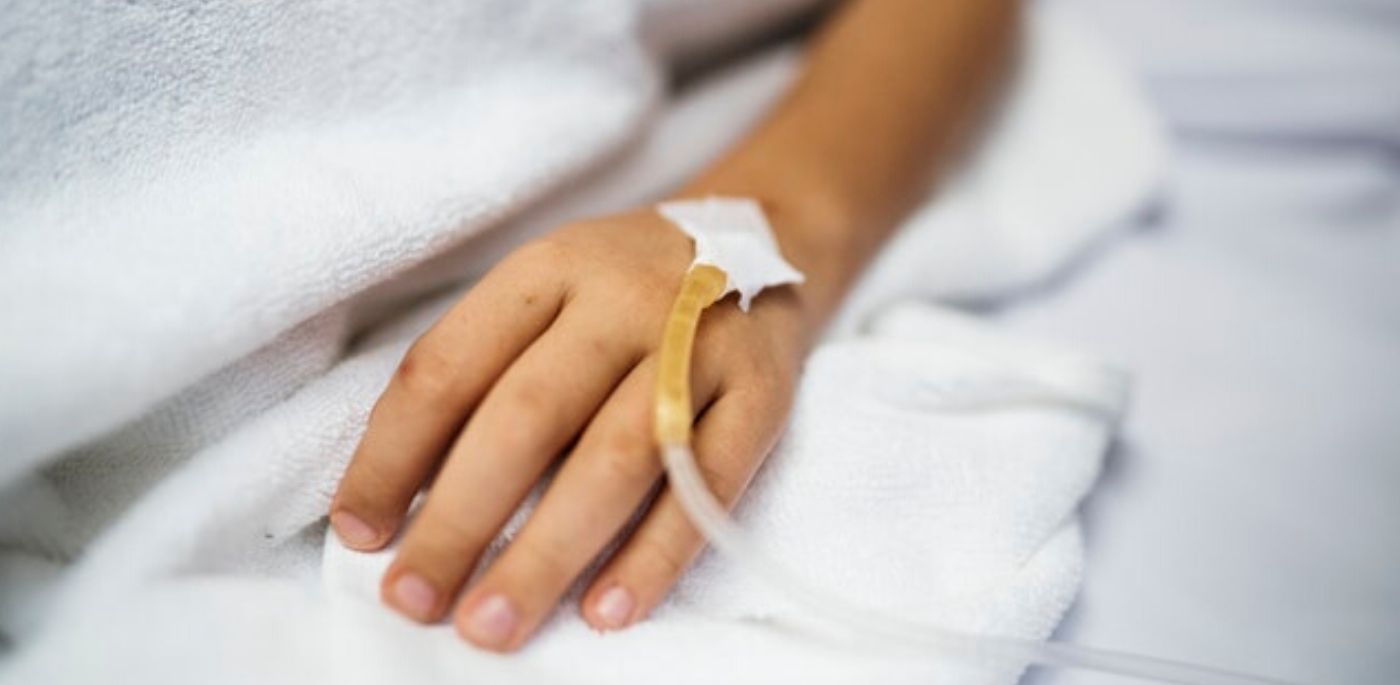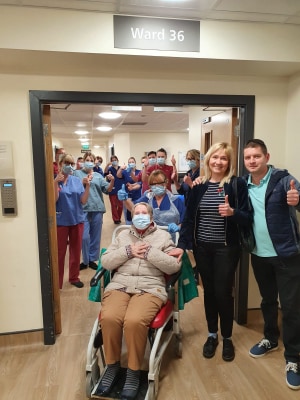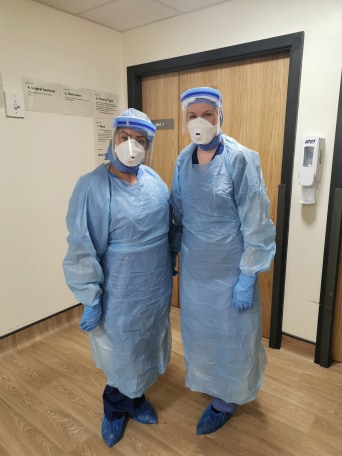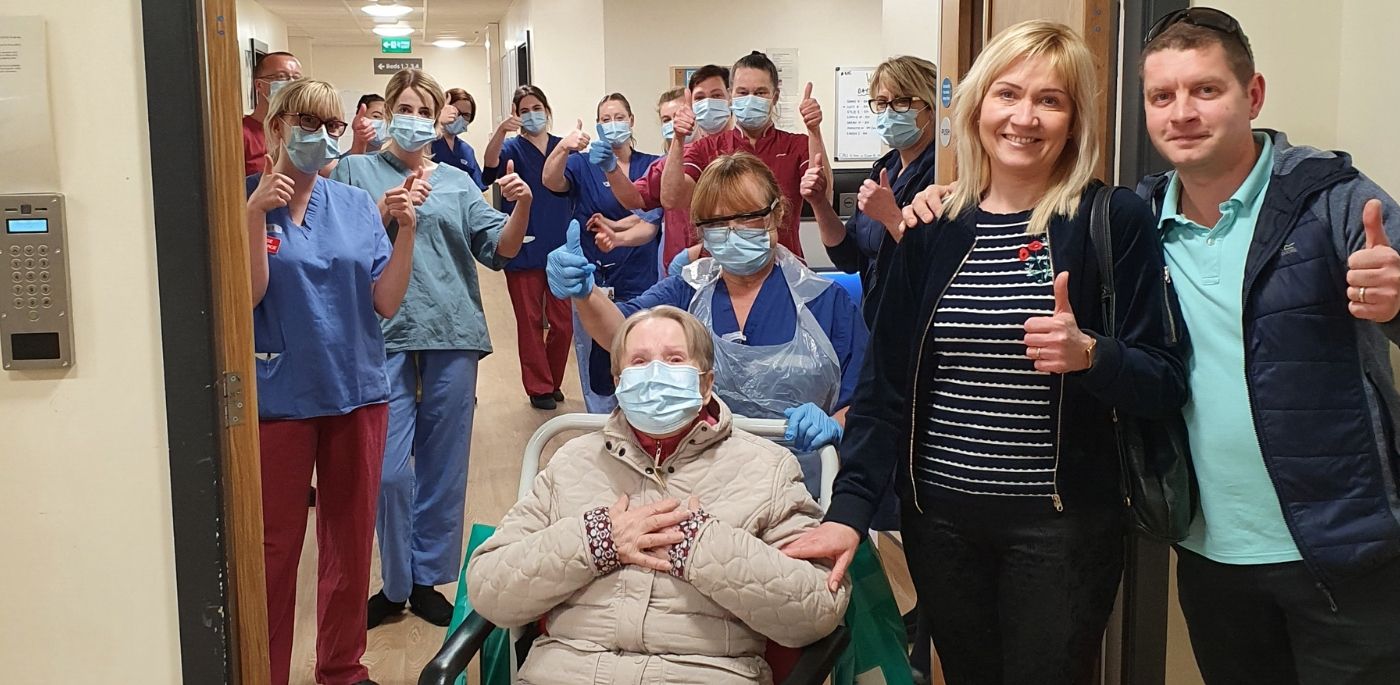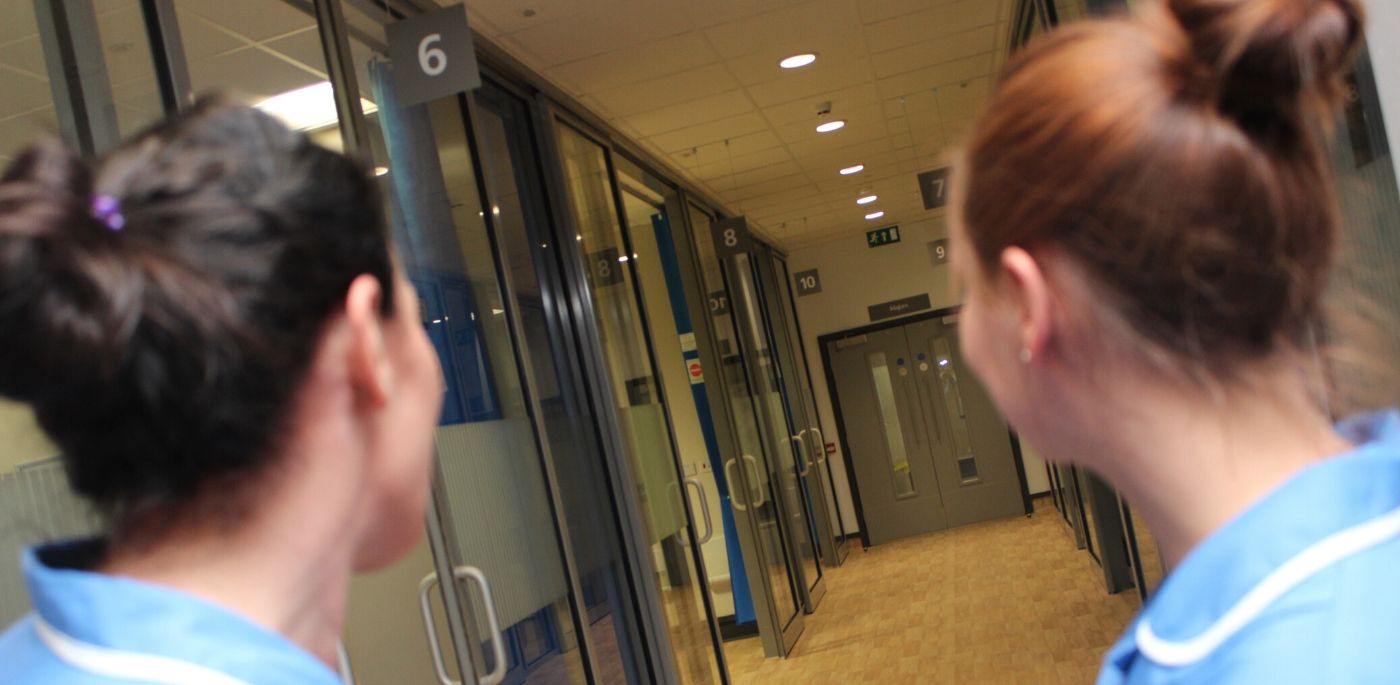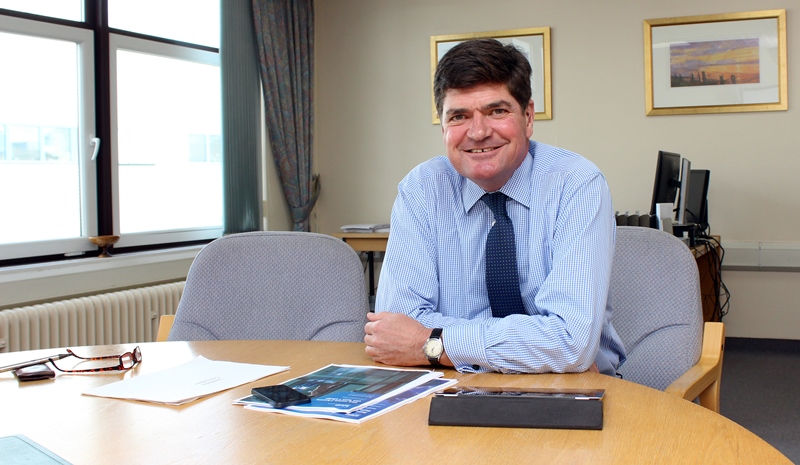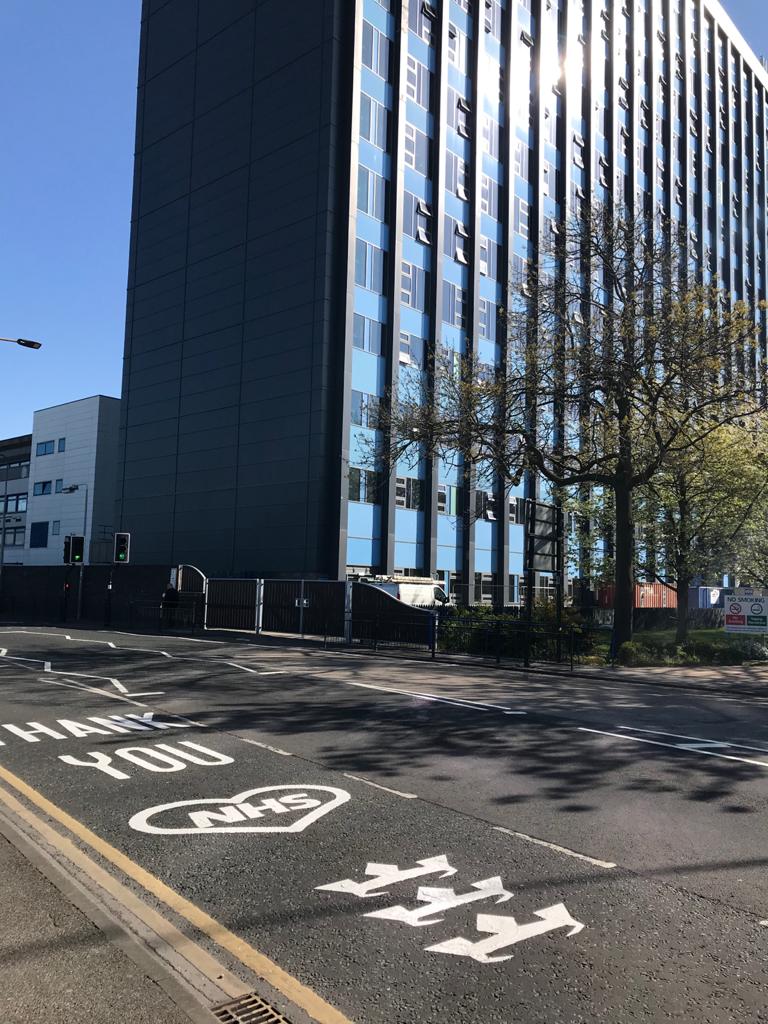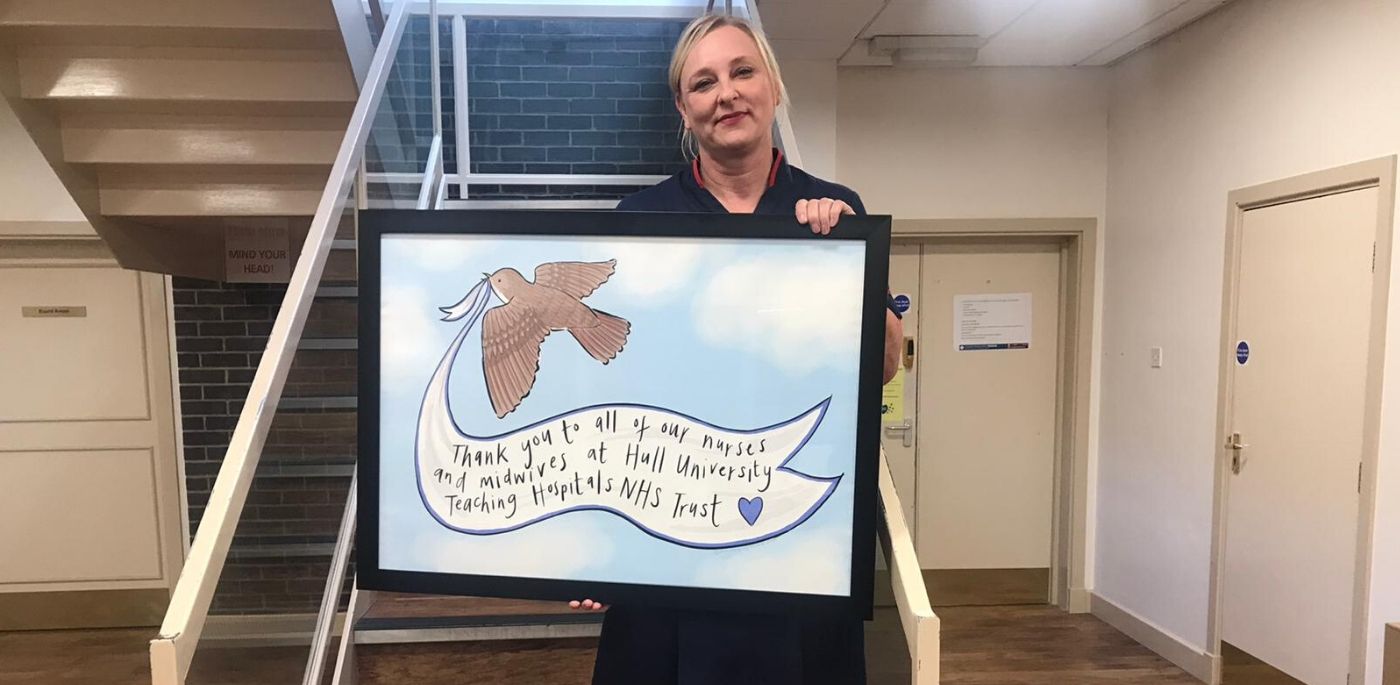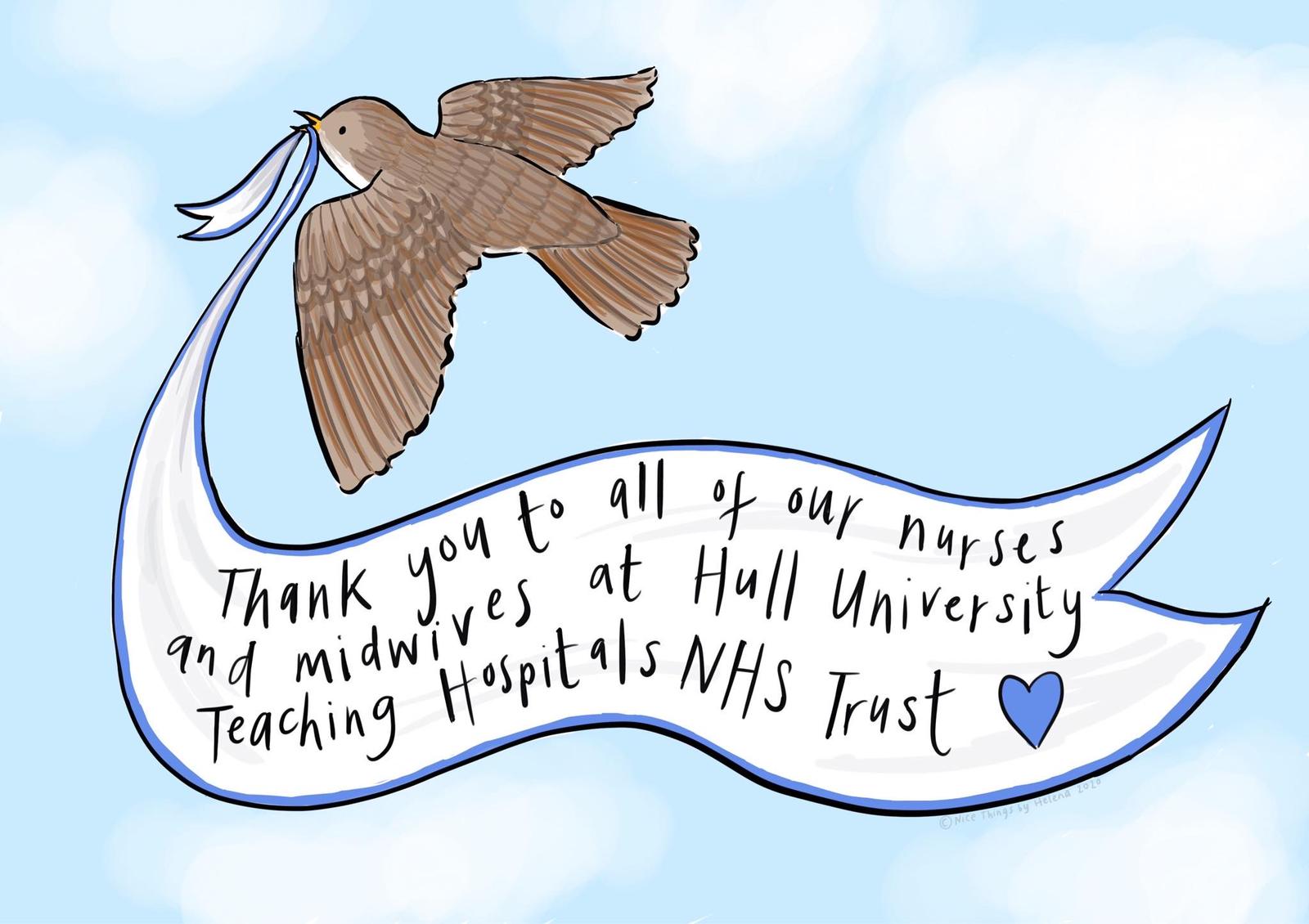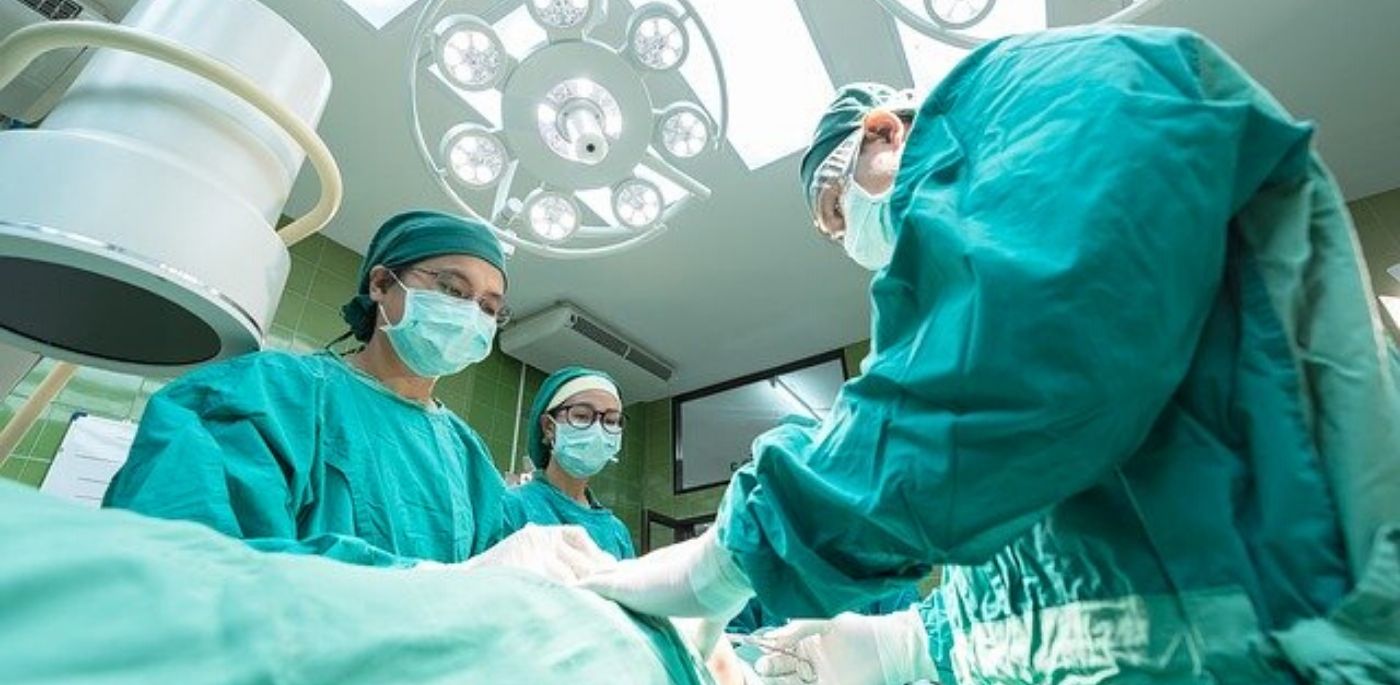A hospital doctor is warning that Hull could be at risk of a much more serious second peak of coronavirus cases compared to other parts of the country.
Dr Patrick Lillie, consultant in infectious diseases for Hull University Teaching Hospitals NHS Trust is urging people not to become complacent as the number of COVID-19 related deaths being recorded nationally starts to decline.
“Hull has been fortunate to an extent in that our coronavirus peak, which we experienced a few weeks ago, was not as high as we had originally planned for,” he says.
“Perhaps due to its relative geographical isolation, the Hull and East Yorkshire region has certainly experienced far fewer cases than the likes of other cities such as Liverpool, Sheffield and London.
“While this is good news initially, and while the numbers of people in our hospitals being treated for COVID are now reducing, we are by no means out of the woods yet.
“Because fewer people in the region were affected during this first peak, it means that we have more people who have not been exposed to the virus at all yet. Should there be a second peak, for example if there’s an outbreak in a large care home or people begin to flout social distancing rules, Hull could quite feasibly experience a second peak which is more severe than the first.”
Geographical isolation is no protection from coronavirus as, back in January, it was staff at Castle Hill Hospital in Cottingham who received the very first patients in the country to test positive before they were transferred to a specialist treatment centre in Newcastle.
Now, Hull University Teaching Hospitals NHS Trust continues to treat around one hundred patients with either confirmed or suspected COVID-19 every day, and is routinely testing every patient admitted into Hull Royal Infirmary and Castle Hill Hospital as a precautionary measure.
Dr Lillie continues:
“Locally, we are continuing to monitor hospital admissions, COVID-related deaths and the number of patients requiring intensive care, and we do have plans in place to care for COVID positive patients for months to come yet.
“Overall, the data shows we are currently heading in the right direction, but it’s important that this isn’t seen as permission to relax or drop your guard. The reduction will, in part, be due to improved management and treatment of COVID positive patients, but it will also be because some patients are still dying with the virus. The situation is very finely balanced at the moment and it wouldn’t take a lot to see demand for hospital care rise again.
“Hundreds of people are still dying across the country with coronavirus and because any second peak could potentially be more serious in East Yorkshire, it’s important that we all still stay alert and do as much as we can to prevent this from happening.
“Social distancing has certainly helped limit the spread of the virus in recent weeks, so local people can continue to help our hospitals and our amazing NHS staff by staying alert, staying at home as far as possible, and continuing to observe social distancing rules.”

